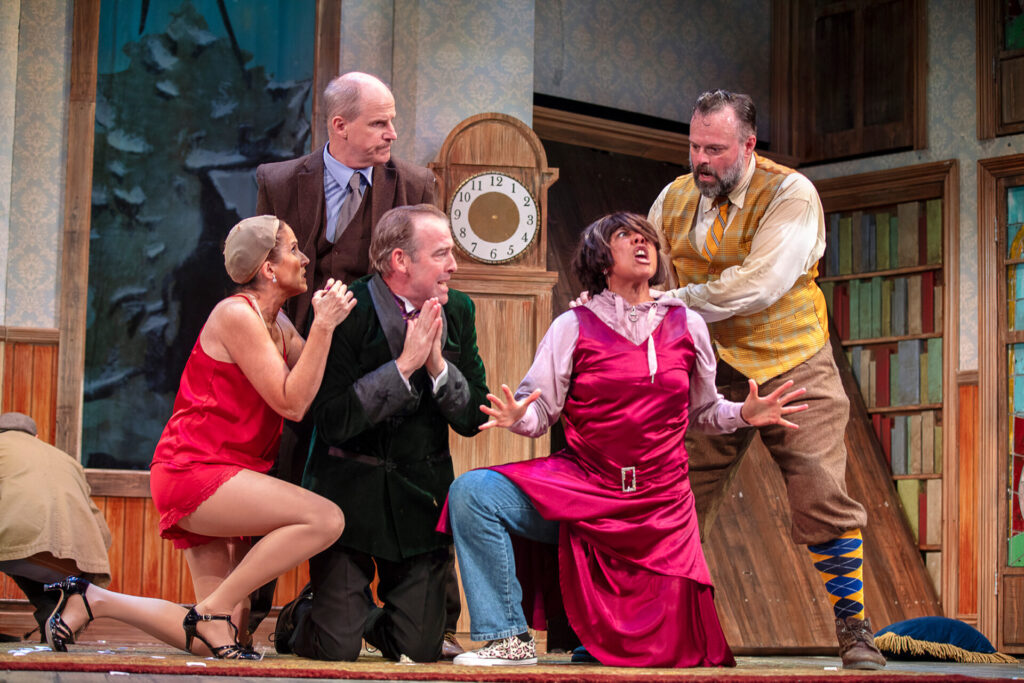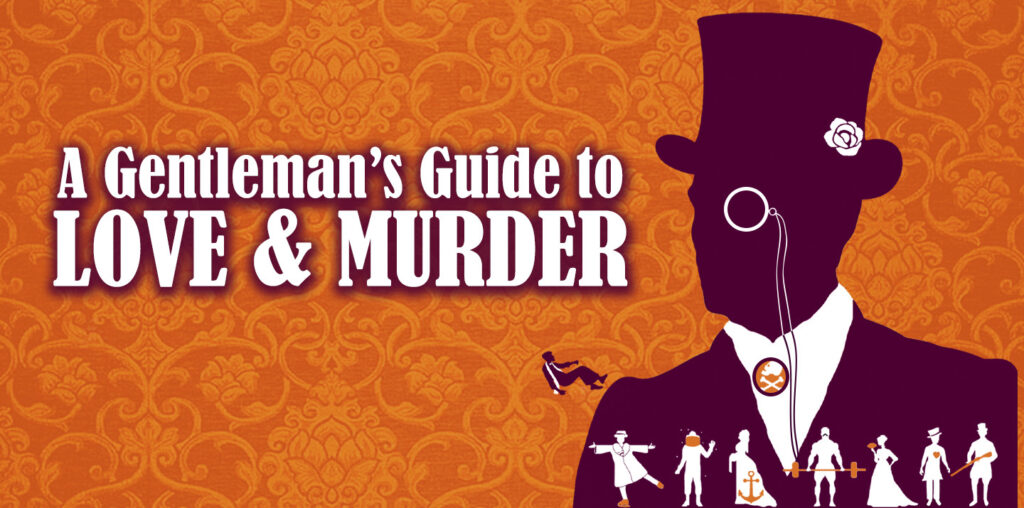The internationally celebrated pianist Pierre-Laurent Aimard presented a challenging program on Friday, February 23, 2024, at the lovely Perelman Theater in Philadelphia.
The Program
Sweelinck: Echo Fantasia, SwWV. 261 (c.1617)
Carter: Night Fantasies (1980)
Chopin: Polonaise-Fantaisie in A-flat Major, Op. 61 (1846)
Carter: Night Fantasies (1980)
Chopin: Polonaise-Fantaisie in A-flat Major, Op. 61 (1846)
Intermission
Mozart: Fantasia in C Minor, K. 475 (1785)
CPE Bach: Fantasia in C Major, Wq. 59/6 (1784)
Beethoven: Fantasia, Op. 77 (1809)
Ives: The Celestial Railroad, Phantasy for Piano (1925)
Mozart: Fantasia in C Minor, K. 475 (1785)
CPE Bach: Fantasia in C Major, Wq. 59/6 (1784)
Beethoven: Fantasia, Op. 77 (1809)
Ives: The Celestial Railroad, Phantasy for Piano (1925)
Elizaberh Morgan gave an engaging pre-concert talk, discussing the works on the program. Interestingly, she presented them chronologically, not in the order Mr. Aimard would play them. She did not address why they were scheduled on the program the way that they were, which would have explained much.
Perhaps the great question was, What is a fantasy? It would appear to be a fine line between a free-wheeling, written-down exploration of a theme and a variation on a theme. In a fantasy, the composer could be freer and more adventurous than possible with the strictures of form of the day. The fantasy was often exciting, dazzling audiences with sweeping gestures across all 88 keys, or wild forays meant to startle and delight.
One of the ideas we as listeners come away with is that performers loved to thrill and to show off for audiences. As audiences grew beyond the drawing rooms of nobility, splashy effects served to galvanize a paying public. David Kettle gives special insight in his program notes how Beethoven was a great improviser, noting that audiences would weep and sob, with Beethoven bursting into laughter, mocking his audience!
Audiences today aren’t nearly as sensitive as those of two hundred years ago, so no one we could notice loudly wept or sobbed in the hall.
While the Sweelinck was pleasant, Elliot Carter’s Night Fantasies was challenging, as it followed the work by Sweelinck. We then returned to safer ground with the sound-world of Chopin. After the intermission, the greatest surprise was C.P.E. Bach’s Fantasia, which often sounded more like Mozart than Mozart himself. His work was lively, filled with drama, and dazzling surprises. According to annotator David Kettle, “[It] feels as much a showpiece for its performer’s scintillating technique as a display of emotional intensity … .”
Playing the Beethoven Fantasia beautifully, we then came upon Mr. Aimard tackling the truly bizarre work by Charles Ives, The Celestial Railroad, Phantasy for Piano (1925). This piece was based upon an eponymous short story by Nathaniel Hawthorne, about a nightmare train ride that ends none too well. The title could easily be “The Nightmare Train to Satan Town.” This was the wildest piece on the program. The insistent chords sounding closer and closer, for example, became the locomotive building steam and speed.
As many know, Nathaniel Hawthorne was a great beauty in his youth. This did not go unnoticed by admirer Herman Melville who was smitten by the author. He would often come by to spend some time with his idol. Mr. Melville may have been a bit too bold upon the sensibilities of Mr. Hawthorne, who then closed his doors to Melville’s visits. It has been said that Mrs. Hawthorne would announce from a window, “Go away, Mr. Melville! Mr. Hawthorne will not see you.”
This apparently sold-out audience showed its wildly appreciative recognition to Mr. Aimard with several recalls to the stage. This was definitely not your run-of-the-mill recital. Bravo, Mr. Aimard.








